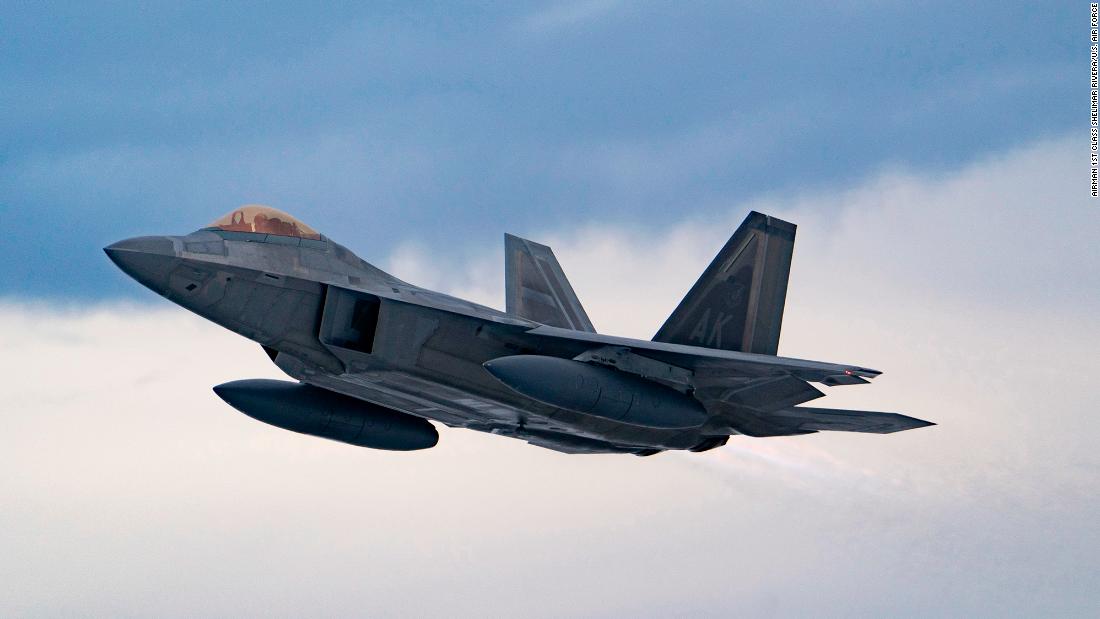Vets in Extremist Groups Raise ‘Problem for Democracy,’ says Terrorism Expert
Since 1990, at least 424 U.S. veterans committed criminal acts motivated by political, economic, social, or religious goals. "It's not just a numbers problem,” says William Braniff, director of the National Consortium for the Study of Terrorism and Responses to Terrorism. “This is a problem regarding American democracy."

In the wake of a 350 percent increase in extremist-related crimes committed by veterans in the past decade, experts are calling for a “preventative ecosystem” as part of military service to prevent people from being persuaded by extremist rhetorical strategies, reports Defense One.
“It’s not just a numbers problem,” William Braniff, director of the National Consortium for the Study of Terrorism and Responses to Terrorism, said during a Brookings Institution panel last week.
“This is a problem regarding American democracy. And it’s a problem for which we have to put a preventative ecosystem in place now before the numbers do get more concerning.”
Since 1990 through the first nine months of 2021, at least 424 U.S. veterans “committed criminal acts that were motivated by their political, economic, social, or religious goals,” said a fact sheet released in October by the National Consortium for the Study of Terrorism and Responses to Terrorism.
That includes 99 veterans who have been charged with crimes related to the breach of the Capitol on Jan. 6–or about 15 percent of those charged in the incident.
Getting ahead of the problem is not a matter of prevention—it’s a matter of “pre-prevention,” said Cynthia Miller-Idriss, who runs American University’s Polarization and Extremism Research & Innovation Lab.
Training people to be less vulnerable comes down to information and coaching people to recognize propaganda, conspiracy theories, persuasive extremist tactics, and scapegoating.
However, the average time between when someone leaves the service and when they engage in criminal extremist activity is 10 years, so preventative training during service might not be enough and may require bringing military families into the fold to promote civics over politics and shore up potential vulnerabilities to extremist rhetoric.

 Landwebs
Landwebs 






















